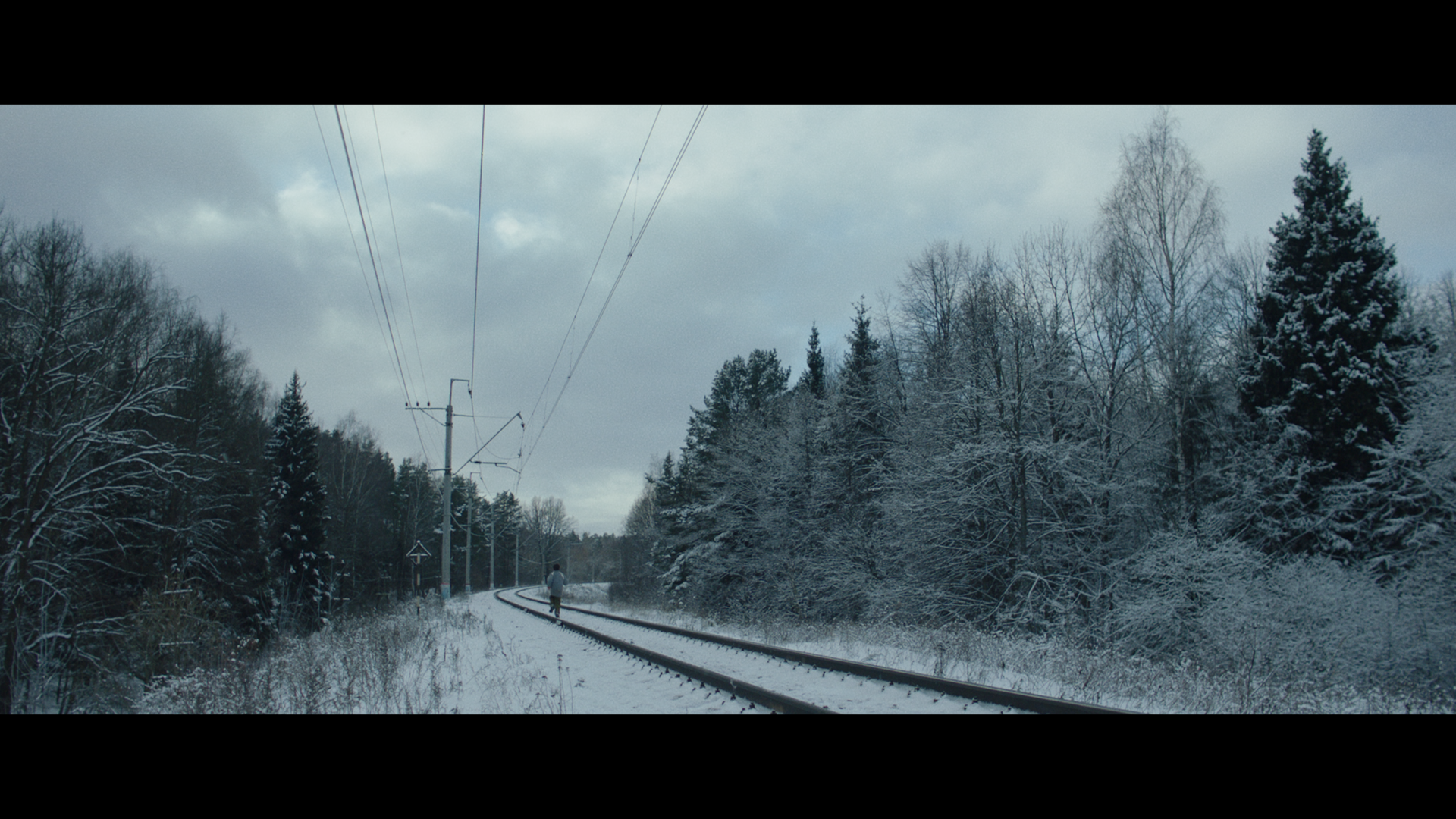
TEA FUNERAL
BIOGRAPHY
Born in Yakutsk, republic of Sakha. The majority of my family tree were sent to Siberia during the beginning of the 20th century as political dissidents.
Being an artist for me means developing a humane approach. When your hands are tied, what will your fellow man do? Will a passerby throw a stone at innocent? I believe that my audience won’t. As the art of cinema develops our moral qualities and empathy. I love showing young and rebellious characters. They desperately want to love and live a “beautiful life”. They are ambitious although they are unlikely to survive. Some of them have not enough spirit, some of them just burden in the correctional colonies. They want to alter their destinies, as I dreamed, when I was growing up next to the Arctic Pole. I’ve chosen the pathway of art, so I feel obliged to share this feeling of hope with the audience.
Aleksandra, your film is inspired on an episode you witnessed when you were a little girl. You saw this group of poor teen prisoners struggling with life and you kept that scene in your mind for years before coming up with this work. Could you expand on this?
My neighbor was a woman who worked as a dog handler in a juvenile correctional facility. She also did a great job styling my mom’s hair for concerts. And at this time she told terrible stories from the prison. I remember one down to the smallest detail — about the guys who fled and drowned in the swamp.
While studying at the film school I have seen photos made by Magnum agency member — Carl De Keyzer. He was picturing imprisoned kids in Russia and Belgium. The difference was so clear.
I started to make researches on this topic, visited the juvenile correctional facilities. After seeing kids with no future and hearing the words “It is like a sanatorium but with bars on the windows” from the prison chief I realized that is a topic I want to speak about. Despite but at the same time because the fact that in my country it is a taboo subject.

How was shooting the film in an area featuring swamps and such an extreme and severe climate? Was it a demanding task?
It was filmed in November, -10 C. A heater didn’t work properly outside. Swamp boots were full of water. But I tried to warm the team up with right words. All of us knew the goal of the project — and the level of adrenalin helped us. And we’ve seen breathtaking scenes alive – with torches, with a train. This increased enthusiasm.

We know that Tea Funeral is your graduate thesis film and that you also won an award at Tokyo Short Film Festival last December. Do you believe that your film can resonate widely with the audience, particularly to make them aware of the importance of freedom, which sometimes people tend to take for granted in their daily lives?
I consider the topic of the freedom and the death pretty close to each other. We don’t have to speak about freedom normally, it’s a granted thing. Normally. But for someone lack of the freedom means not to eat today, not to know if you’ll be alive tomorrow. I send this film as a message to people — volunteer, give freedom and don’t be cruel.



